Book bars in Old Rome
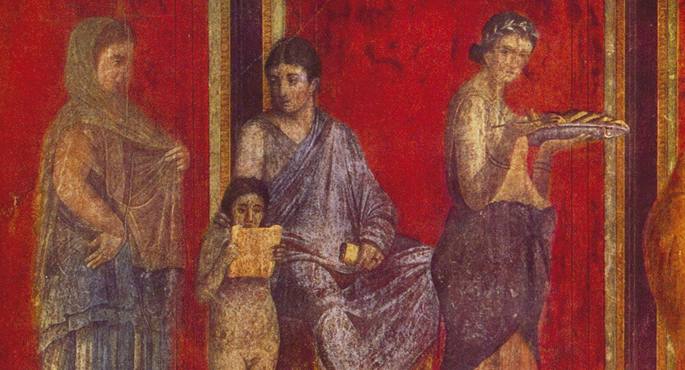
Rome, a. C. Year 50. Tito Ponponio Attica, writer and historian, became the exclusive editor of Cicero's works and, therefore, was one of the major editors of Rome. But not the only one. Atico has his editorial on Monte Quirinale. The Sosio brothers, for their part, had their business near the Arch of Jano, and published the works of Horacio. The monumental History of Tito Livio was edited by the Greek Doro and the work of Quintilian by Trifon.
In most cases, the authors did not write the work by hand, but dictate the text to the copists. This first copy was usually presented in public readings and, often, the editors decided on the basis of the success of those presentations whether or not they published the work. Atico had several copists and correctors in the workshop and it was he who dictated the contents. In a few weeks, the Roman editors managed to publish dozens of numbers; the publications of thousands of copies were not possible until the printing press was invented.
The authors rarely gained benefits. The benefits were for the editors, but they also assumed the costs. And they weren't bad. The papyrus, for example, was very expensive; and the scroll books tied to the back didn't reach until the fourth century. To compensate for the costs, most of the workshops had a bookstore or bookstore that gave the street to sell copies directly to the public.
There was no copyright. Oratio publicata liberates this, that what is published belongs to all. And, among other things, Simia’s speaker complained that those who had resources, the slaves they knew how to write, could make “pirate” copies. However, the quality of these copies is often poor, both in terms of material and content.
The best sellers in Rome were both peppers and adventures and various plays, followed by rhetorical speeches, history books and satirical poems.
Although Julius Caesar and Augustus tried to give Rome a great library, the capital of the Empire never had a library as remarkable as that of Alexandria or that of Pergamon. But thanks to the work of the editors, hundreds of private libraries were created in the city.
Just as we experienced the flourishing of the Basque Country with the help of the artists, so that this time, taking advantage of their impulses, we continue to make our way together giving the necessary support to the Basque political prisoners, exiles and deportees
The... [+]
EMEADEDEI + MAHL KOBAT
WHEN: February 2nd.
IN WHICH: In the youth center of Zuia, Murguía.
----------------------------------------------------
On September 20 of last year, we first heard about collective music in the profile of the social network they had just created:... [+]
Otsailaren 13a Torturaren Kontrako eguna izanki, Euskal Herriko Torturaren Sareak gutun publiko bat igorri du. Poliziek torturatu euskal jendeen lekukotasunak bildu, eta aitortza egiteko xedea du sare berri horrek Euskal Herri osoan. Torturatuak izan diren 5.000 pertsonei... [+]









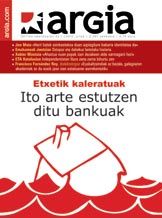

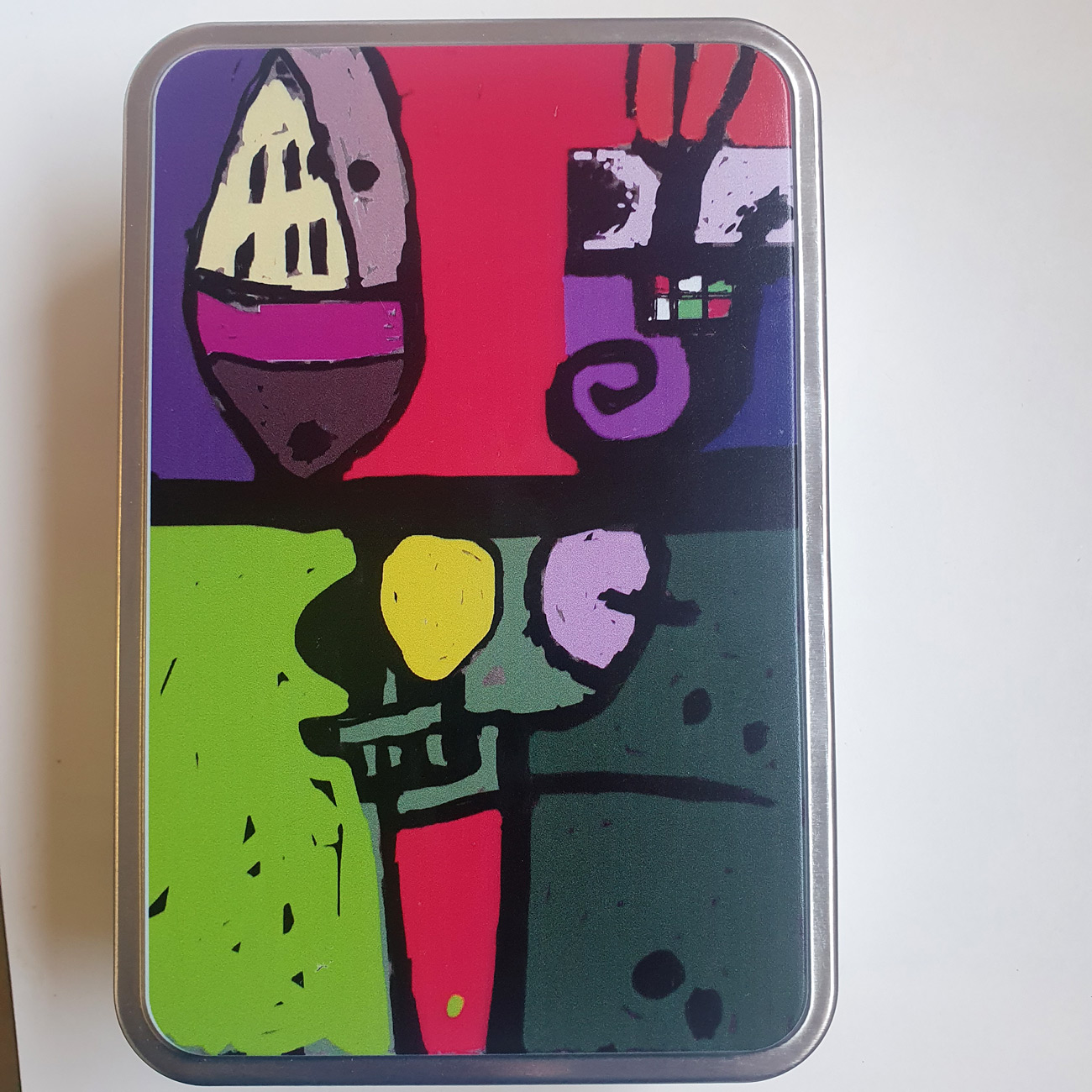

_2.jpg)

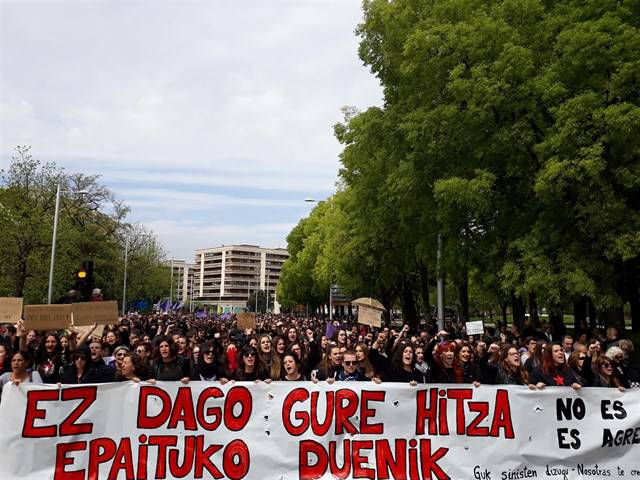




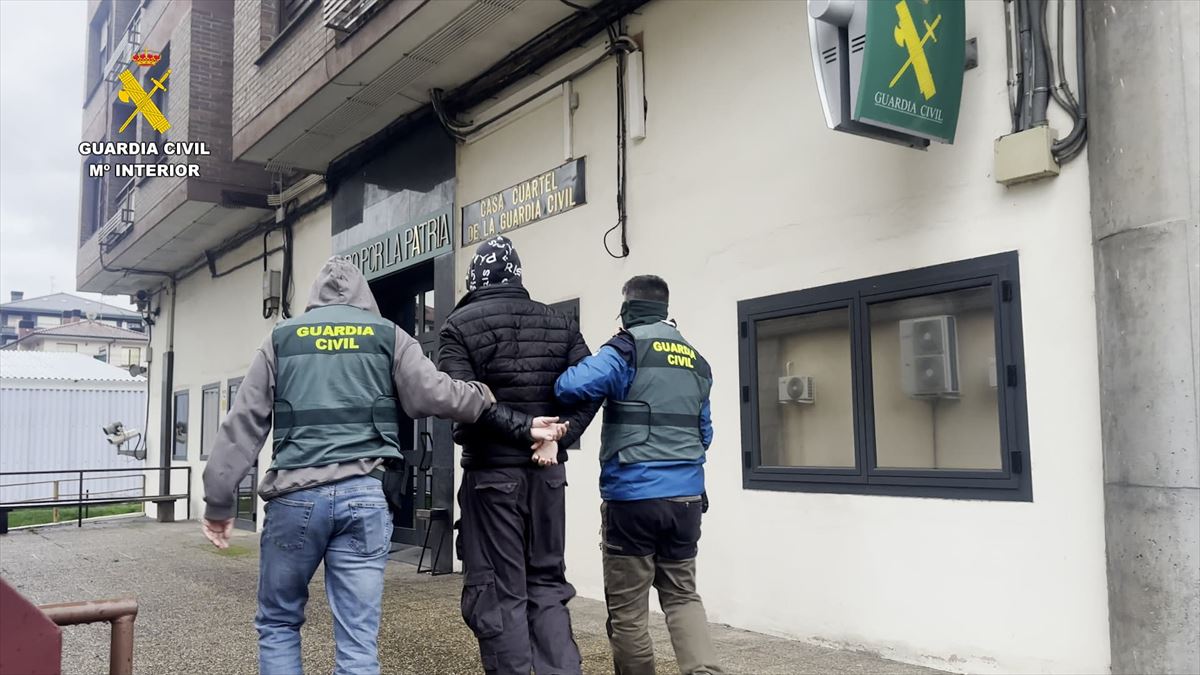
.jpg)
